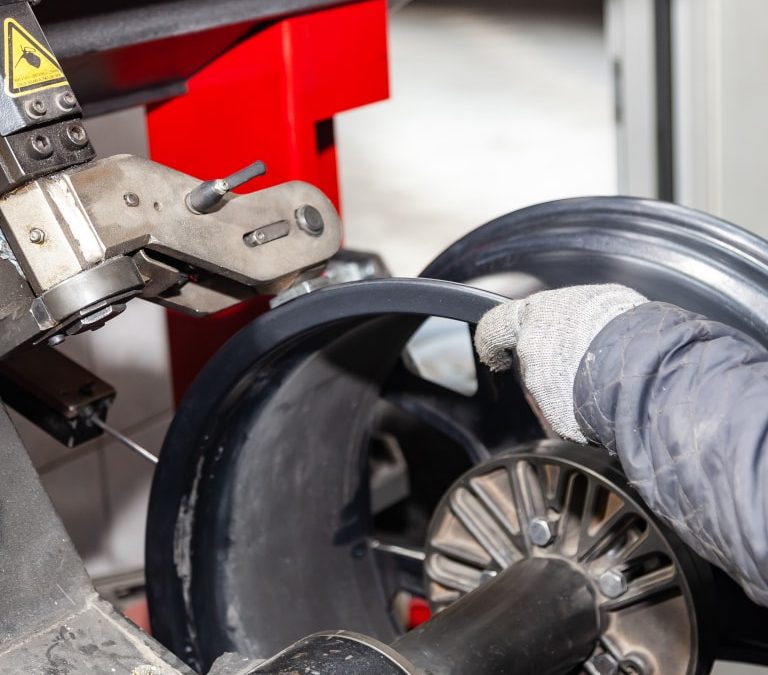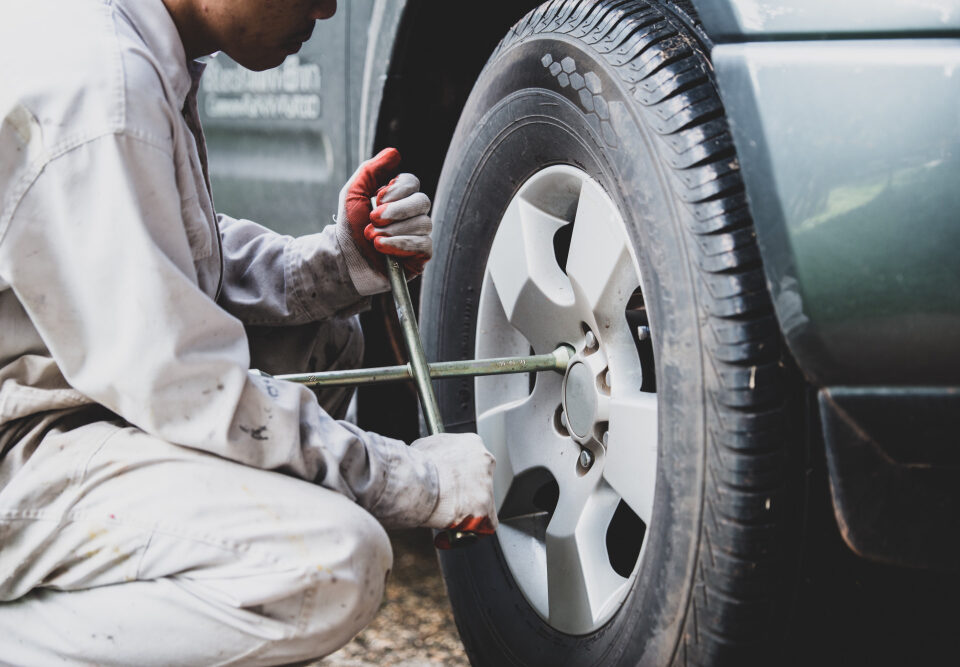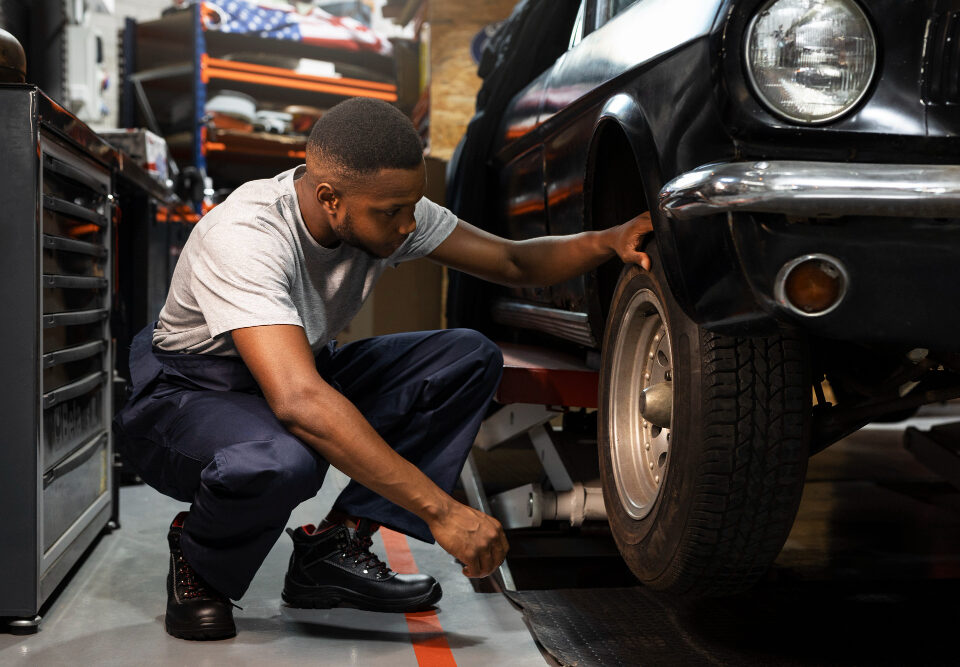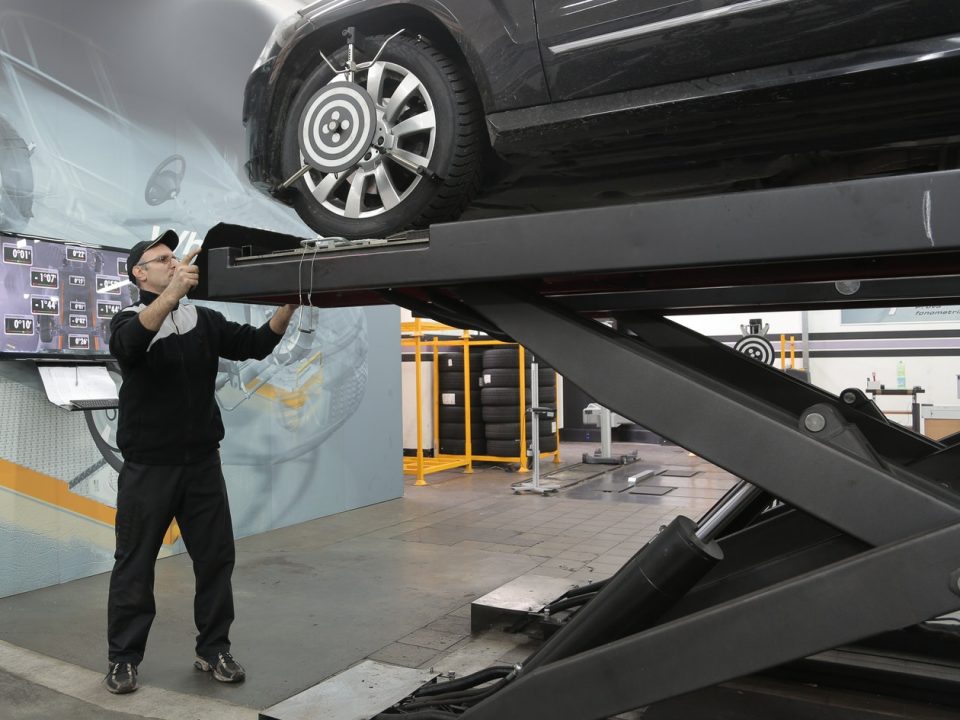
Tips for Maintaining Your Alloy Rims
March 11, 2021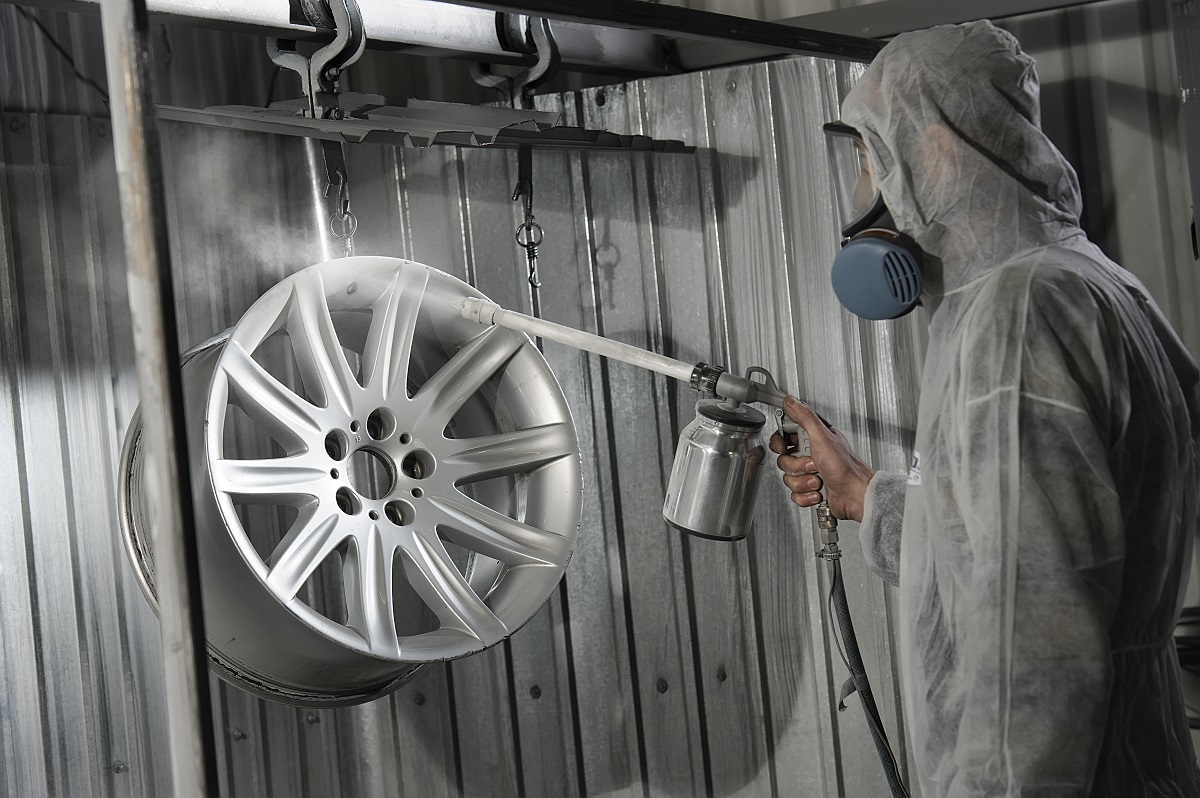
How to Customize Your Alloy Rims: Powder Coating vs Spray Painting
April 19, 2021Whether your car is kitted-out with alloy rims or you’re still using stock steel wheels, the question of whether to invest in new rims or repair your damaged rims is one you will no doubt ask yourself in due time. While appearance is definitely a factor influencing the answer, the question becomes even more important when we consider how rim and wheel condition affects car performance. You may be concerned that damages to your rims will severely impact both the look and feel of your vehicle, and your assumptions would be correct. But when does one steer clear of wheel reparations and opt for a new set of rims entirely? In this article, we will provide details into the extent of damages that can be repaired, when rims should be discarded for a new set, and which option is the most budget-friendly route to consider for rim and wheel longevity.
How Do Rim and Wheel Damages Affect Your Vehicle?
To have more confidence in your purchase of new rims and wheels or refurbishment of damaged alloys, one needs to develop a better understanding of how damages directly affect car performance. Damaged rims or bent wheels may have a significant impact on the quality of your drive in several ways which we have listed below:
- Damages or bends may reduce your ability to steer as well as decrease your vehicle’s overall handling
- Damages to rims and wheels may lead to air leaks in tires, subsequently causing a negative impact on fuel economy as well as precursors potential tire blowouts
- Bent rims lead to shakiness and vibrations when driving, with shakiness in the steering column suggesting damages to the front rims and vibrations in the seat indicating damages to the rear rims
Damaged rims are a common problem and they can be caused by several road incidents. The worse the incident, the worse the damage and the level of damage is directly responsible for answering whether or not to buy or repair. Let’s take a look at how rims are damaged in the first place to determine whether you can easily repair your wheels or if you will be required to purchase new ones.
What Causes Rim and Wheel Damage?
There are several common causes of rim and wheel damage, some obvious and others more subtle. We have outlined the typical types of damage causing incidents to help you determine how extreme the damages to your rims and wheels:
- Potholes: hitting potholes at high speeds can cause wheel blowouts as well as severe rim damage. Rims affected by potholes may show signs of excessive damage in the form of bends and massive scratches
- Brake dust: the silent killer of rims and wheels, brake dust, causes a rims surface to discolor over time. The dust gets baked-on, making it difficult to clean with household substances if left unchecked for long periods of time
- Curb damage: when parking or dismounting a curb, scratches and damages can form on rims and wheels. These can differ from minor, virtually unseen lines to major, more prominent evidence of wheel damage. These instances usually lead to poor appearance, with minimal impact on performance
Buying vs Repairing Rims and Wheels
With an understanding of how damages affect performance and the different severities of damages, let’s take a look at how you can determine whether to repair your wheels or buy new ones.
Buying New Rims
In most cases, big lug holes and wide cracks will require you to purchase a new set of rims. This is because most repair solutions make use of techniques that strip damages to the surface of the rims. When damages are more pronounced and would require extensive welding work to repair, it may be more cost-effective to purchase a new set.
Repairing Old Rims
Rims that are bent, have light scratches, or have excessive amounts of baked-on brake dust can usually be easily repaired by a wheel repair specialist. Through the use of rim straighteners, CNC lathes, and other high-tech equipment in their workshops, these specialists are able to repair rims to look virtually brand new as well as remove performance-reducing problems at a relatively affordable rate.
If you are looking to save then repairing your rims may offer a solution that does not break your bank. Furthermore, rim and wheel reparations will help maintain the lifespan of your beloved set. However, in cases where damages are irreparable or if you have received a quote that comes in a little under the cost of an entirely new set, then you may wish to consider some brand new wheels and rims.

